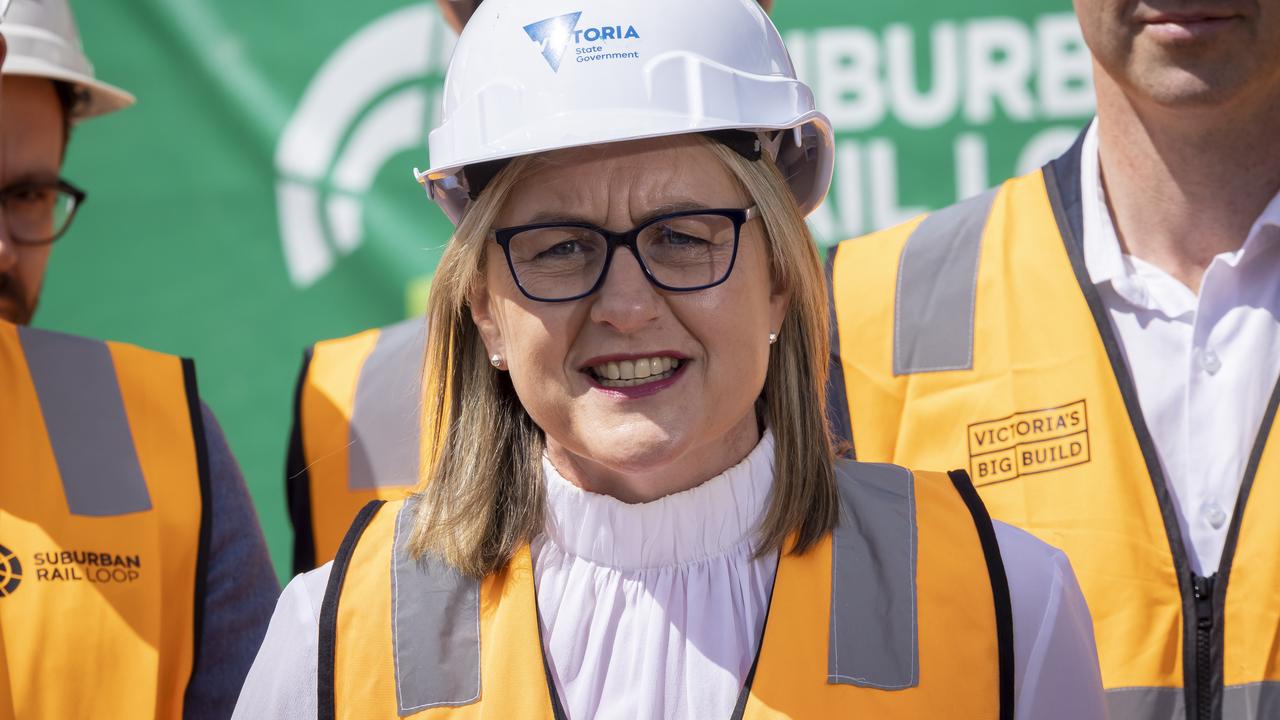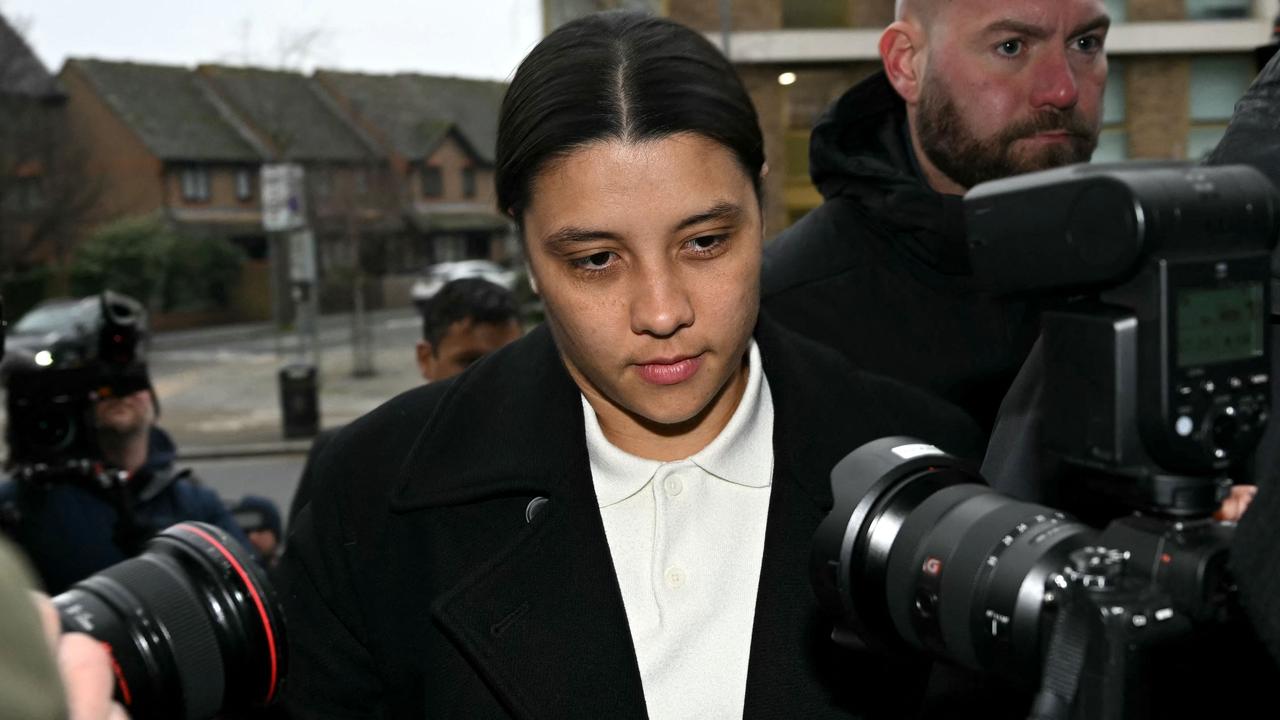Melbourne researchers confirm radical new way to treat early breast cancer
A seven-year trial in Melbourne has offered hope that many women with low-risk breast cancer can safely avoid radiation therapy.
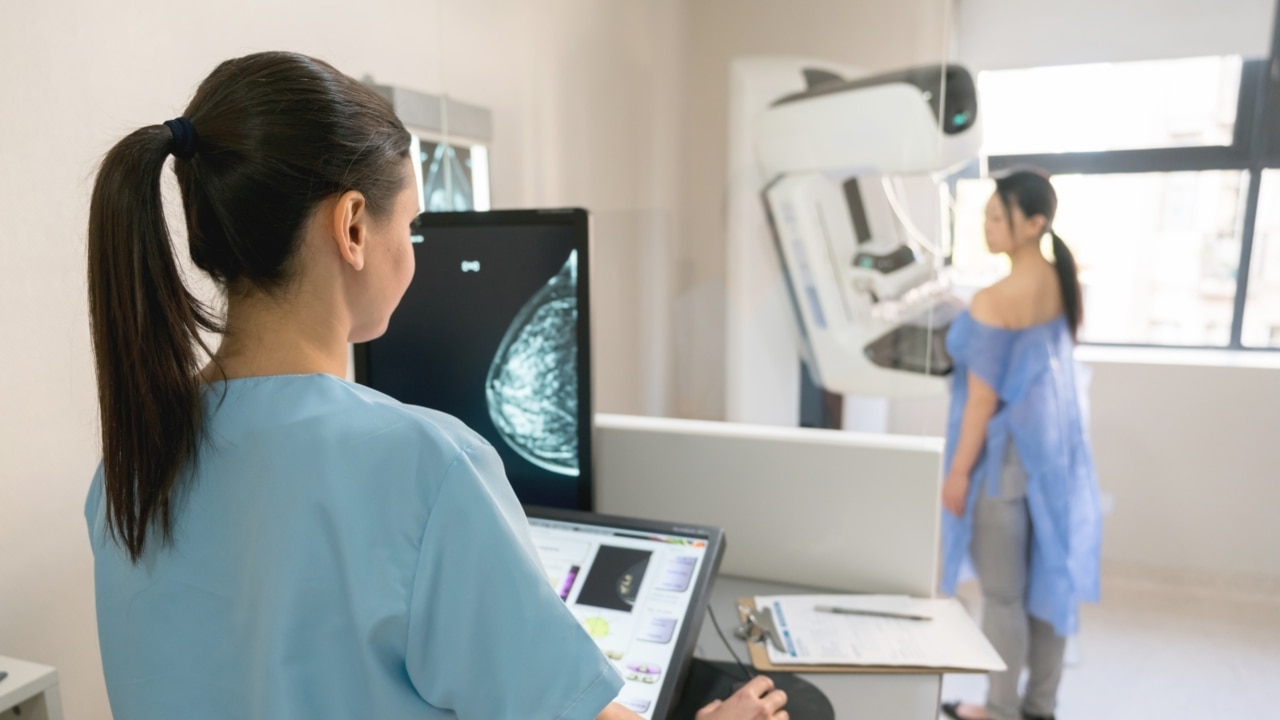
Victoria
Don't miss out on the headlines from Victoria. Followed categories will be added to My News.
A radical new way to treat early breast cancer has been successfully trialled in Melbourne and offers hope to women worldwide of a less invasive treatment without radiation therapy.
A team led by Professor Bruce Mann, a specialist surgeon at the Royal Melbourne Hospital and the Royal Women’s Hospital, has found radiation therapy is an unnecessary trauma for many women with early breast cancer.
The trial confirms it is safe to avoid it in those with low risk cancer confirmed to be localised on magnetic resonance imaging (MRI).
The trial was sponsored and co-ordinated by Breast Cancer Trials, the Australian and New Zealand organisation dedicated to clinical trials.
It showed MRIs were an invaluable tool that spotted additional cancers not detected in mammograms in 10 per cent of women in the trial.
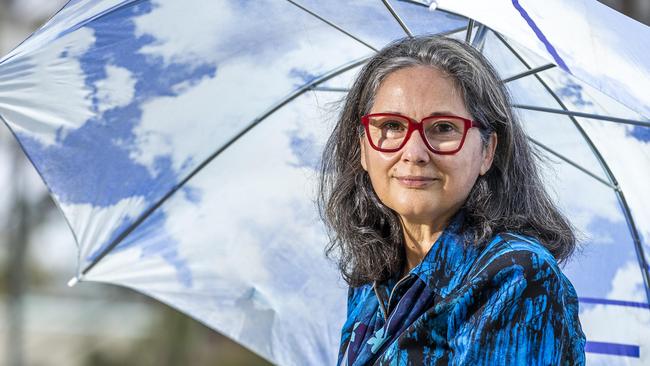
The team suspected it was these lesions that caused a recurrence of cancer, not the original breast tumour and that radiation therapy was not needed in lower risk patients who did not have additional lesions on an MRI.
“Radiation is a great treatment if needed, but it comes with side effects so there has been a long term ambition to find women who can safely avoid it,’ Professor Mann said.
“Until now we have given radiation to all women diagnosed with early breast cancer, even those with low risk cancer, because we couldn’t tell the 10 per cent who would have a recurrence without it.”
The team has now completed a seven-year trial investigating the safety of avoiding radiation therapy in 443 women, mostly from Victoria. The women were aged over 50, with single cancers less than 2cm not in lymph nodes and not identified by pathology as the more aggressive triple-negative breast cancer.
Of the group, 201 women were treated without radiation. The other women did not meet the strict guidelines for various reasons. The trial group were then treated with a day-procedure to remove the cancer, usually followed by hormone-blocking tablets and only one patient had a recurrence in the first five years.
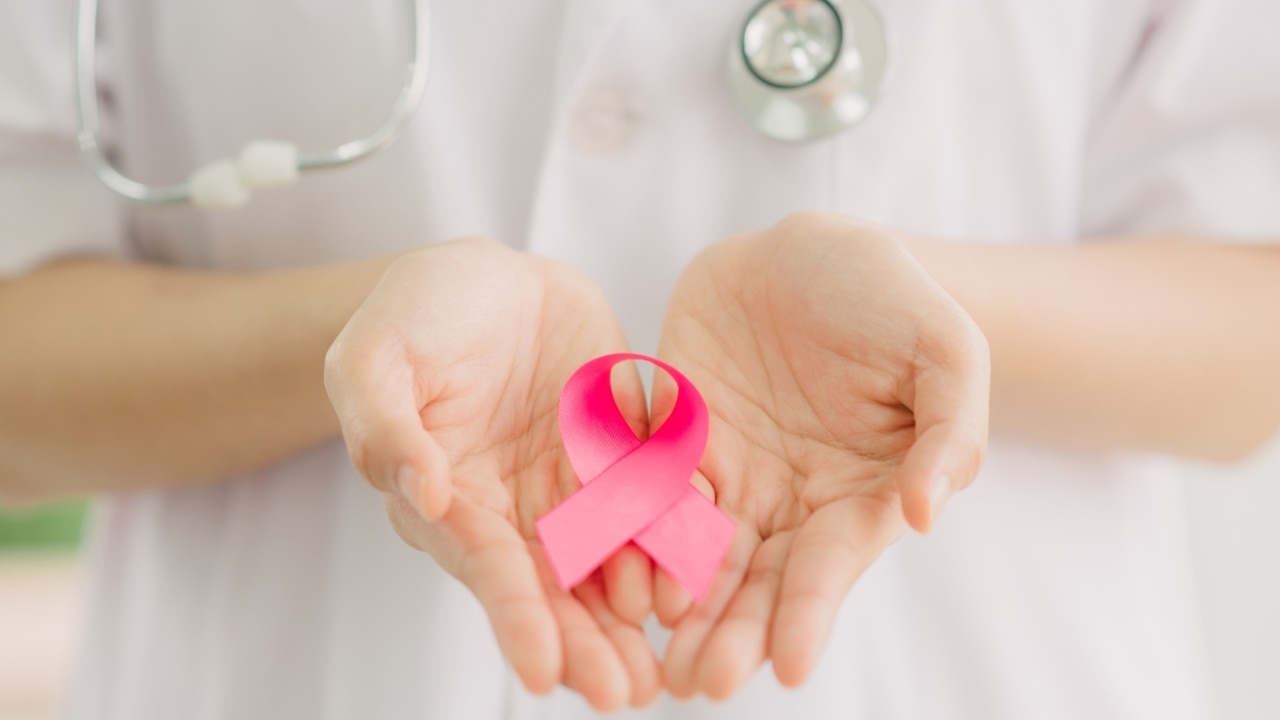
Melbourne meteorologist Aurora Bell, 60, said the trial saved her life.
Mrs Bell was the one in 10 who had a cancer that was not detected by regular mammography and ultrasound. She was invited onto the trial because a routine mammogram in 2017 detected a small cancer in her right breast. She fitted the bill and joined under the care of Professor Mann.
“I am a scientist, so I was so happy to be part of it, really happy to give something back,” she said. “It was also fantastic not to be over treated and to learn I may not need a mastectomy or radiation therapy.”
She was told they needed to be sure there were no other cancers as many recurrences were those that had not been discovered at the initial stage.
“I did an MRI and then received a phone call from the team to say they had found a few other spots, secondary things on the liver that needed to check,” Mrs Bell said.
“It was devastating.”
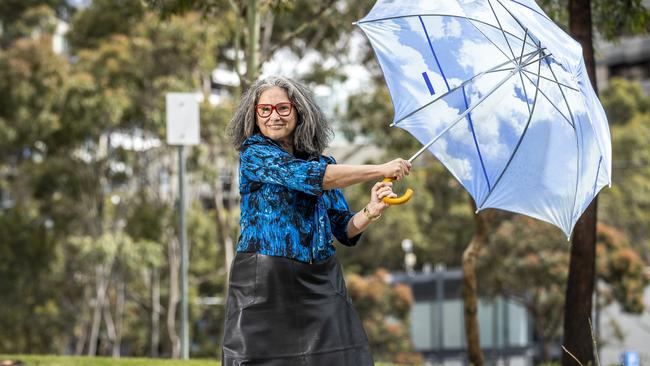
Biopsies and lumpectomy surgery to remove the cancer followed, but most devastatingly for Mrs Bell was that she was off the trial as she would need to have radiation therapy to treat the hormone-related cancers.
She has recently celebrated five years since her cancer treatment and says being on the trial gave her an opportunity to take control of her treatment.
“I am absolutely sure I have been lucky.”
Professor Mann recently presented the results of the trial at the Australasian International Breast Congress in Brisbane and is now preparing for a large follow up international study early next year in America and Europe.
This would be, he says, a dramatic change to the way breast cancer is now treated, and good news for many thousands of women,” he said.
“If the international trial is successful, we will have demonstrated a new and less invasive way to treat early breast cancer.”
More Coverage
Originally published as Melbourne researchers confirm radical new way to treat early breast cancer




